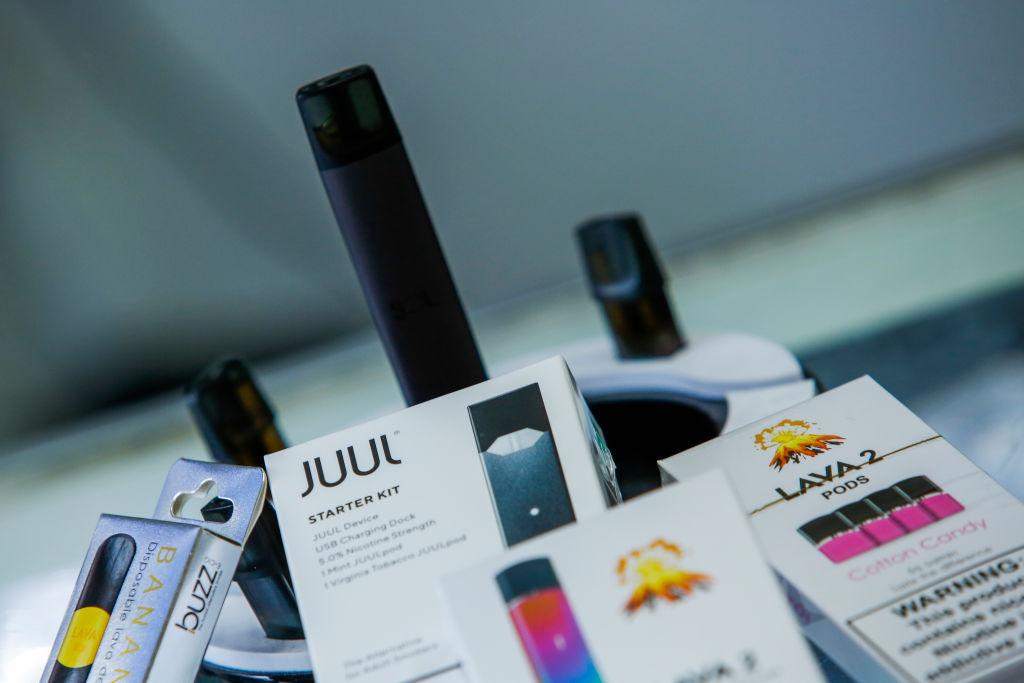The Food and Drugs Administration (FDA) banned all of JUUL Labs Inc’s products on June 23 from the market, delivering a blow to the popular e-cigarette company.
“Today’s action is further progress on the FDA’s commitment to ensuring that all e-cigarette and electronic nicotine delivery system products currently being marketed to consumers meet our public health standards,” said FDA Commissioner Robert M. Califf in a news release.





